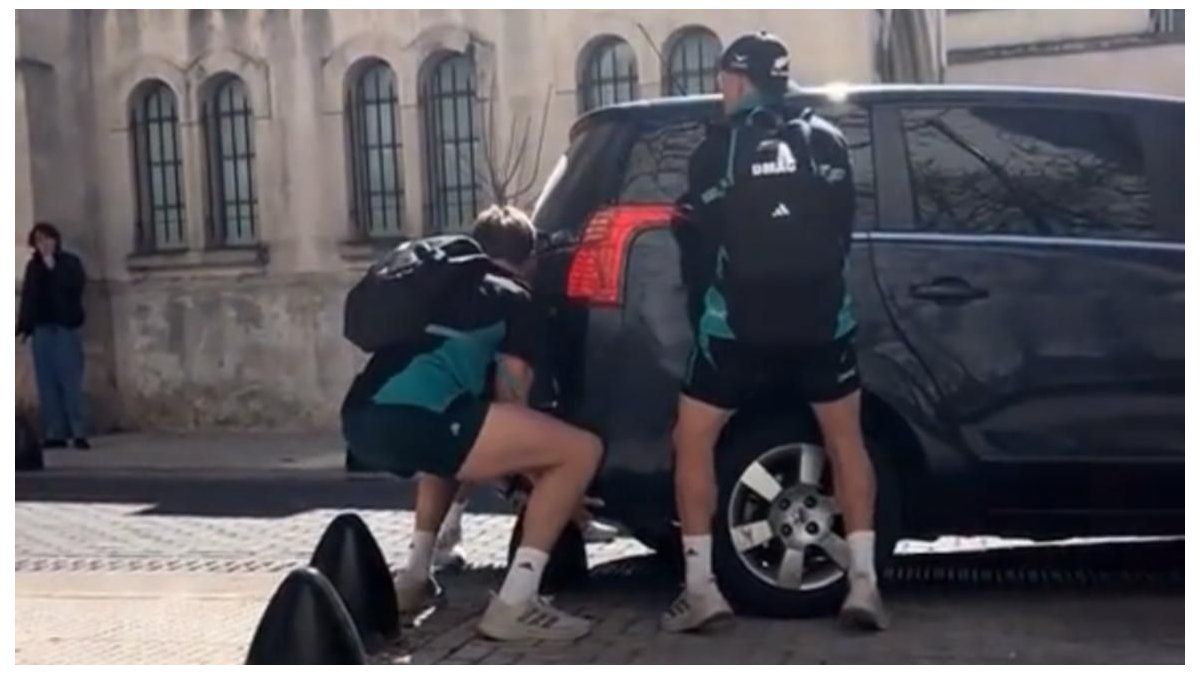The wave of inflation and a relief package for motorists were the focus of a heated debate in the National Council yesterday. The bundle brings about an increase in the commuter allowance by 50 percent, limited to mid-2023, and at the same time a reduction in natural gas and electricity charges. A tax reduction of seven cents per liter is planned for agricultural diesel.
The assessments of the 1.3 billion euro steps ranged between “incredible relief” (Finance Minister Magnus Brunner, VP) and “a drop in the bucket” (FP MP Hubert Fuchs).
But even within the coalition there was no consensus on the choice of weapons to combat inflation. Analogous to the demand of SP boss Pamela Rendi-Wagner, Vice Chancellor Werner Kogler (Greens) was open to reducing VAT on essential staple foods. While it must be ensured that this also reaches consumers, Kogler contradicted the view of Chancellor Karl Nehammer: “Measures should be targeted. The watering can would be the wrong means,” the VP boss opposed in an interview with “OÖ Nachrichten”. a VAT reduction.
Rendi-Wagner therefore accused the government of inaction. “Quick spells and the 25th Review Board” wouldn’t help. An SP application, which demanded a cap on fuel prices in addition to the temporary reduction in VAT on essential groceries, was only supported by the FPÖ. Their club boss Herbert Kickl scoffed at the absent chancellor (“Hero of Moscow and Kyiv”) and accused the government of “failing to provide assistance”.
Cold progression
Neos mandatarin Karin Doppelbauer wondered why the Greens are supporting the car driver package, which they consider to be an ecologically wrong step. As a relief step, Doppelbauer would like the abolition of “cold progression”. Kogler does not like the fact that Finance Minister Brunner actually wants to examine this project. Kogler said in several interviews that this would be of least help to the lowest income third, who are suffering the most from inflation.
Source: Nachrichten




